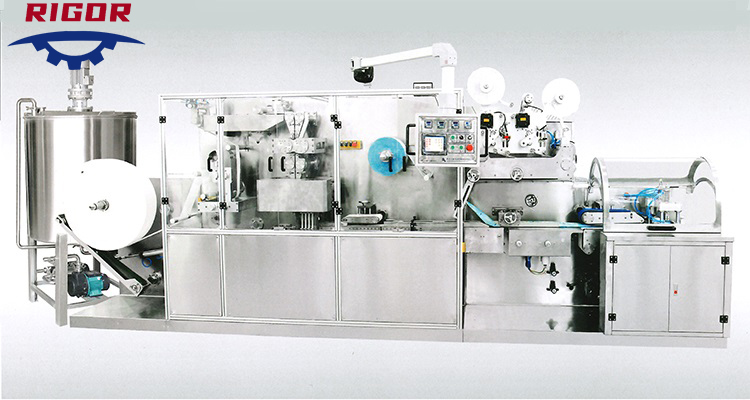Pampers, as a leading diaper manufacturer, ensures compliance with industry standards and certifications through several measures:
- Quality Control Processes: Pampers employs rigorous quality control measures throughout the manufacturing process. This includes regular testing of materials, components, and finished products to meet strict quality standards.
- Adherence to Regulations: The company closely monitors and adheres to regional and international regulations governing diaper manufacturing. Compliance with safety, hygiene, and product performance standards is a priority.
- Certifications and Endorsements: Pampers seeks and maintains certifications from recognized regulatory bodies, such as ISO (International Organization for Standardization), ASTM International, or specific national or regional quality assurance organizations.
- Research and Development: Pampers invests heavily in research and development to create innovative products that not only meet industry standards but also exceed them. This proactive approach ensures continuous improvement in product safety and quality.
- Supplier Selection and Audits: Pampers carefully selects suppliers and conducts audits to ensure that raw materials and components used in diaper production meet the required standards. This extends to assessing ethical practices and environmental considerations of suppliers.
- Consumer Feedback and Testing: Pampers values consumer feedback and conducts extensive product testing, often involving consumer trials, to assess product safety, effectiveness, and comfort. This helps in identifying and addressing potential issues.
- Environmental Responsibility: The company integrates eco-friendly practices into its manufacturing processes, aiming to meet sustainability goals and reduce the environmental impact of its products. This might involve using recycled materials or implementing eco-friendly production methods.
- Transparency and Reporting: Pampers maintains transparency by providing information about its manufacturing processes, materials used, pamper manufacturer and adherence to standards through its website, annual reports, or corporate communications.
By prioritizing quality control, regulatory compliance, research, and sustainability efforts, Pampers ensures that its diaper products consistently meet or exceed industry standards and certifications, fostering consumer trust and confidence in the brand.
What innovations or advancements has Pampers introduced in the diaper manufacturing industry?
Pampers has been a pioneer in introducing several innovations and advancements in the diaper manufacturing industry.
Some notable contributions include:
- Absorbent Core Technology: Pampers developed and refined the absorbent core of diapers, integrating superabsorbent polymers (SAP) that efficiently lock away moisture, keeping babies dry for longer periods.
- Wetness Indicator: Pampers introduced a wetness indicator on diapers, a feature that changes color when the diaper is wet, assisting parents in knowing when a diaper change is needed.
- Customized Fit and Design: They’ve continuously improved the fit and comfort of diapers, incorporating elastic leg cuffs, stretchy waistbands, and contoured shapes to offer a more snug and flexible fit for babies of different sizes.
- Breathable Materials: Pampers introduced breathable materials in diapers, enhancing airflow while maintaining dryness, reducing the likelihood of rashes and keeping babies comfortable.
- Sensitive Skin Protection: The brand developed diapers specifically designed for sensitive skin, using hypoallergenic materials and avoiding certain chemicals that might cause irritation.
- Overnight and Extra Absorbency Diapers: Pampers introduced diapers specifically designed for overnight use or for longer periods, enhancing their absorbency to cater to extended wear times.
- Environmentally Conscious Products: Pampers has made strides in developing eco-friendly options, exploring the use of sustainable materials and reducing the environmental impact of its diapers.
- Smart Diaper Technology: Although in its infancy, Pampers has explored the integration of smart diaper technology, such as sensors that monitor wetness levels, temperature, or even indicators for health-related information.
- Preemie and Newborn Diapers: Pampers developed specialized diapers for premature babies and newborns, addressing the unique needs and sizes of these infants.
- Packaging and Sustainability Efforts: The company has made efforts to reduce packaging waste and improve the environmental footprint of its products by exploring eco-friendly packaging options.
Pampers’ consistent focus on research and development has led to a range of innovations aimed at enhancing comfort, performance, and convenience for both babies and parents while setting industry standards for diaper quality and functionality.
